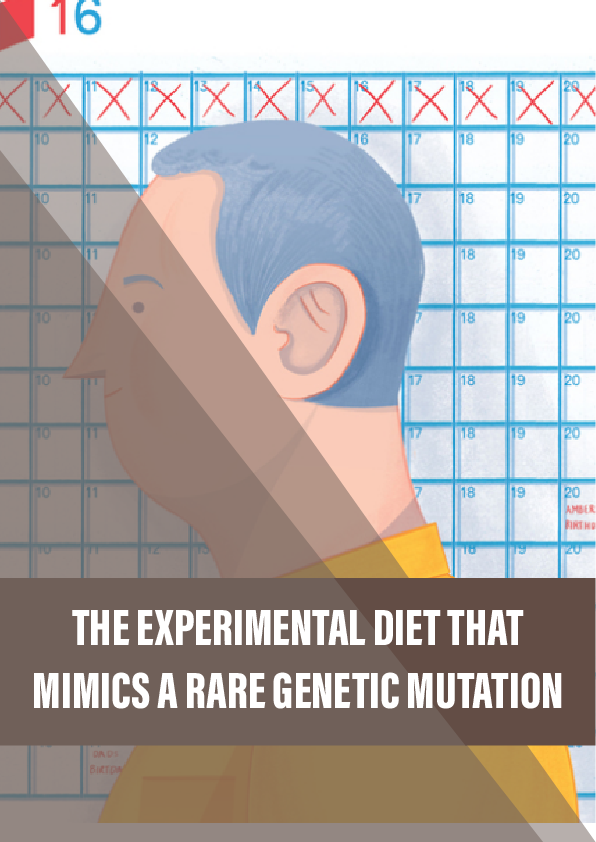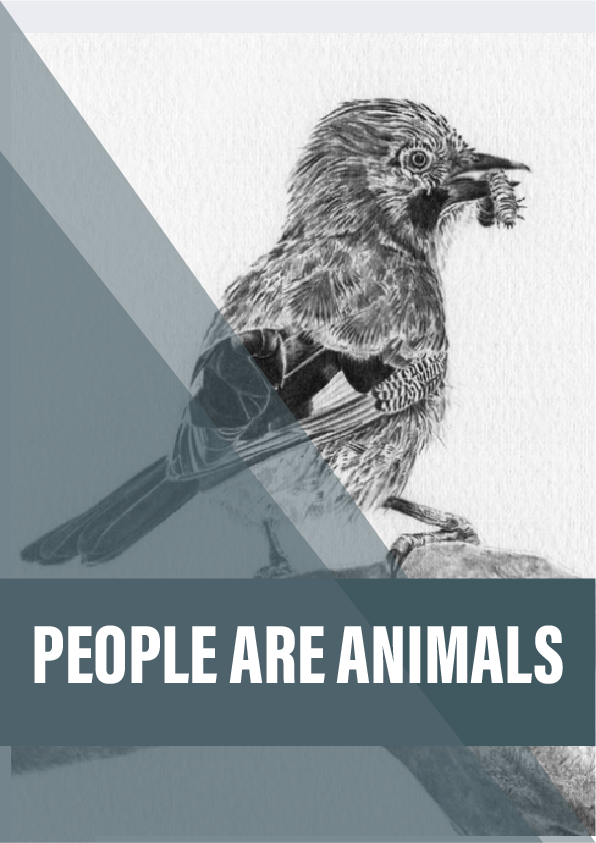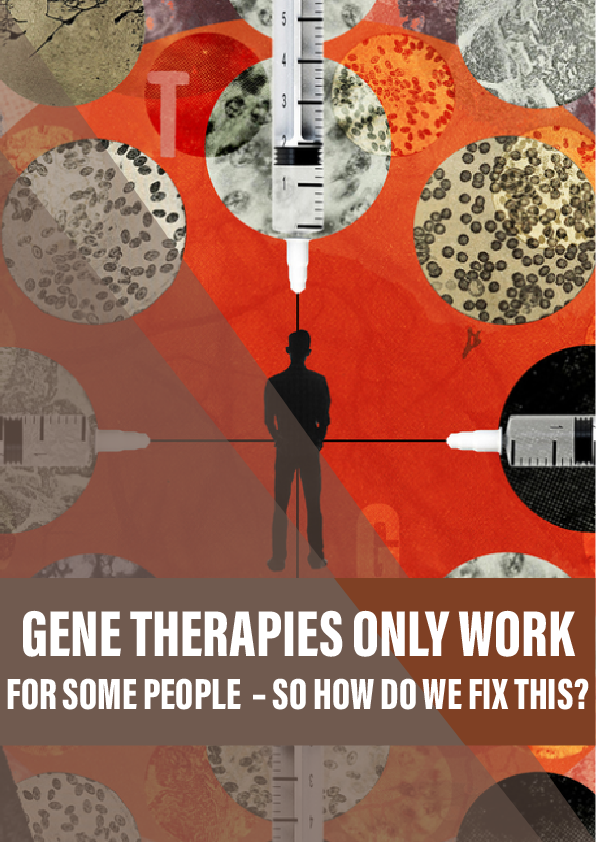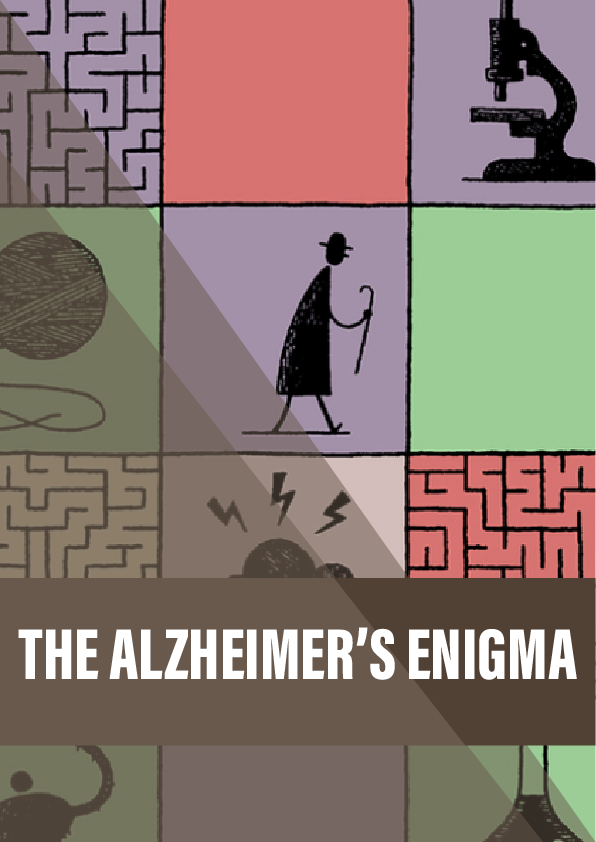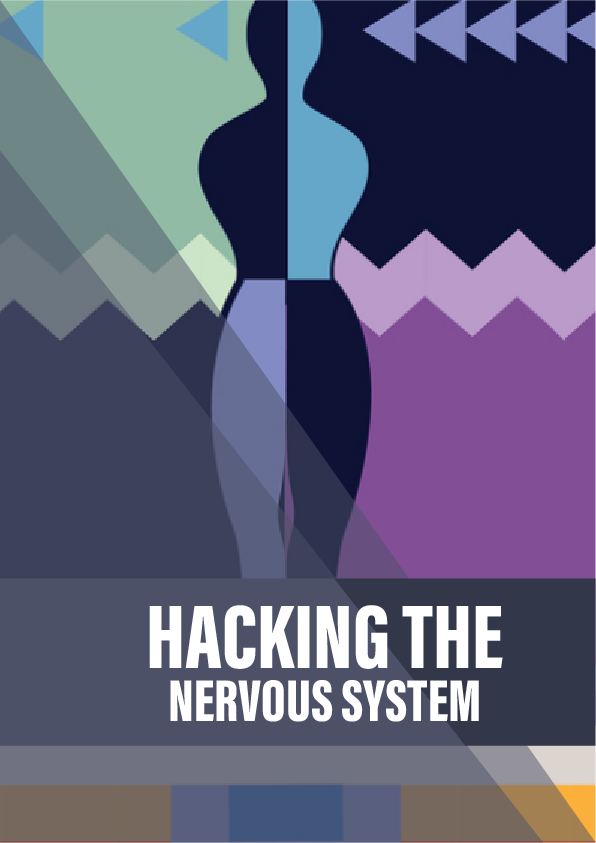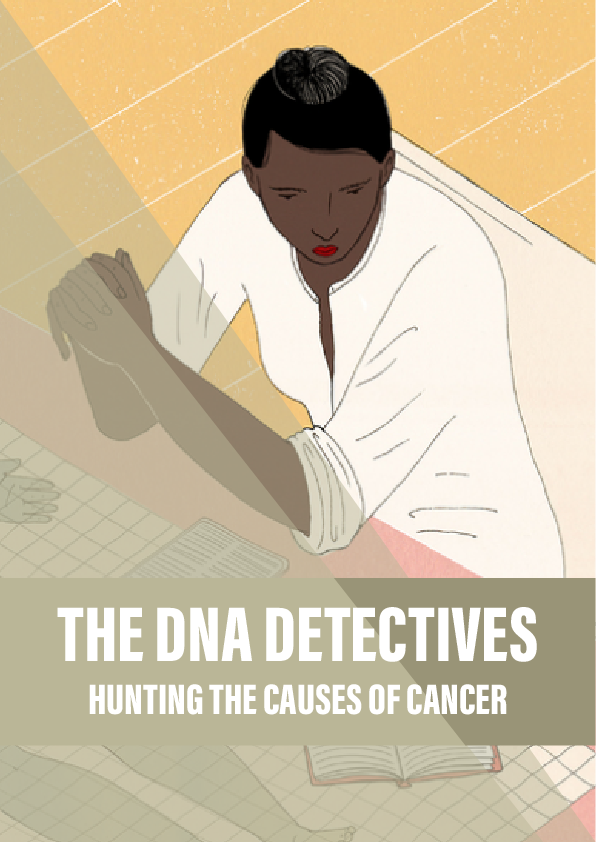With the help of a small stool, Mercy Carrion clambers onto an examination table. The obese 50-year-old woman stands just 115.6 cm (3’9.5’’) tall. Despite being overweight, Mercy shows no sign of developing diabetes and has remarkably low blood pressure at 100/70. “That’s why they don’t care much about their weight,” says her doctor, Jaime Guevara-Aguirre.
Mercy, who has a rare genetic disorder, is one of his long-term patients. She and her peers know they are in some way protected from diabetes, cancer and a number of other diseases that threaten the rest of us as we age. As such, they have a happy-go-lucky attitude towards health and fitness.
Mercy giggles as she tells her doctor that dieting is not her. She enjoys a typical high-calorie Ecuadorian diet, where rice accompanies almost every meal. The next day, we visit her at home in a poor, farming community in El Oro province, a one-hour flight away. Her refrigerator is stocked with red meats, bologna and eggs. Bananas are plentiful, and usually served fried.
This high calorie-diet contributes to her excess weight. But, paradoxically, the biology that has driven her weight gain could also be what protects her from disease. I’m fascinated, partly because this woman’s condition relates so much to a diet I’ve been trying for the past three years.
Actually, it is somewhat misleading to call it a ‘diet’. It certainly leads to short-term weight loss, but researchers prefer to see it as an investment in the future. It could, they say, start a regenerative process that will lead to improved health and longer life. If the theory stands, I could enjoy a lower risk of cancer, a strengthened immune system, improved cognitive ability and little to no chance of contracting diabetes.
I signed up to it three years ago as part of an intriguing clinical trial at the University of Southern California, Los Angeles. It involved reducing my calories by up to two-thirds, over five consecutive days, once a month for three months. The rest of the time I ate normally, without restrictions. Three years on, I have just completed my tenth Fasting Mimicking Diet.
The science is based on years of experimentation with yeast, worms, flies, mice – and studies of Ecuadorians with a form of dwarfism.
Reference:
